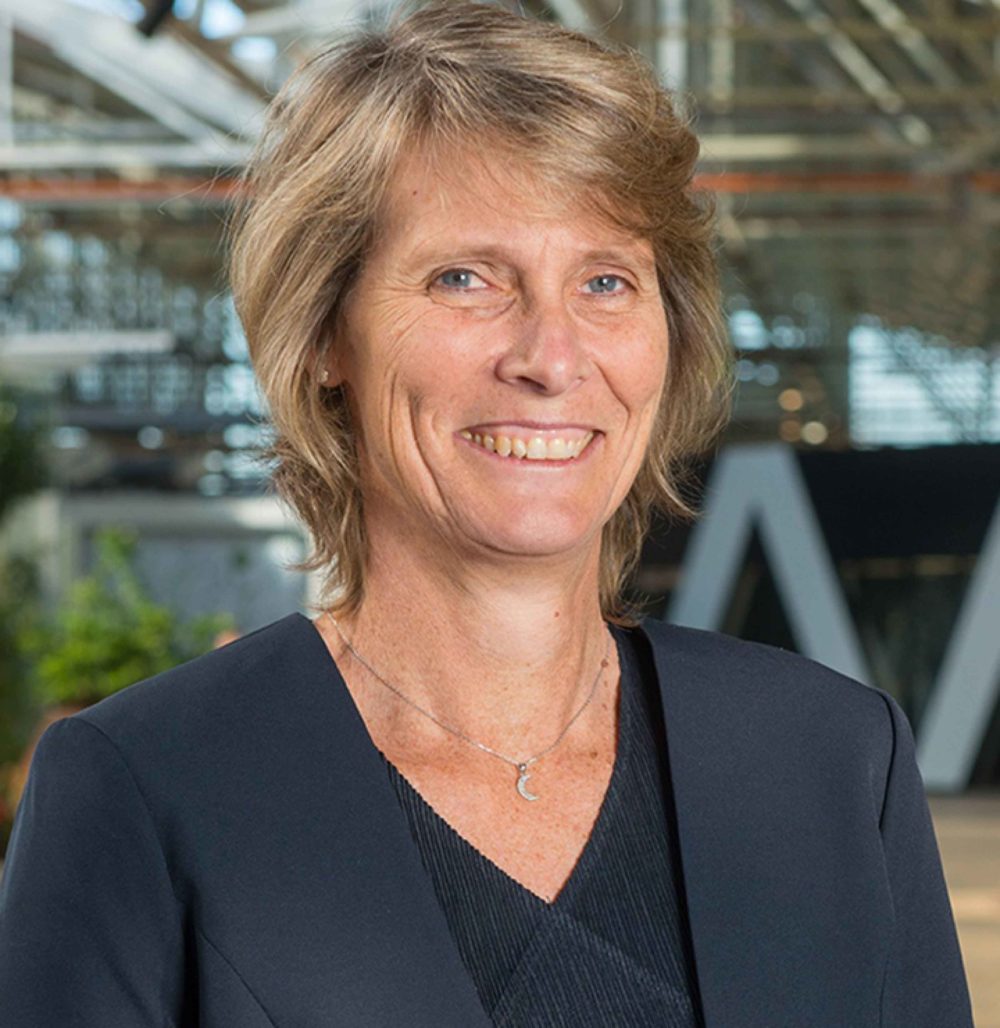
A leader in the field of biomedical engineering and a champion of women in STEMM, Professor Karen Reynolds has made an outstanding contribution to the community through both her research and the creation of the Medical Device Partnering Program.
As a child, Professor Reynolds had her sights set on changing the world by becoming an inventor.
‘I designed a water machine when I was about five years old and I thought it was the cleverest thing,’ says Professor Karen Reynolds (GradCertTertEd ’98).
By the time she was 15, Professor Reynolds’ interest in all things mechanical merged with her idea of becoming a doctor, when she discovered the field of biomedical engineering. She says, ‘I knew straight away that that was what I wanted to do. It blended my problem-solving, inventing mindset with my interest in medicine and health.’
Professor Reynolds is now an internationally renowned expert in biomedical engineering, Dean of Research at the College of Science and Engineering, and Director of the Medical Device Research Institute at Flinders University.
She is also the Director and driving force behind the Medical Device Partnering Program (MDPP), an innovative program that brings together researchers, industry, end-users and government to develop medical technologies with global market potential.
A role model and mentor for Flinders’ staff, students and graduates, Professor Reynolds encouraged and supervised the first female student to enrol in a PhD in engineering at Flinders, and was instrumental in supporting Australia’s first Indigenous Biomedical Engineering graduate. She works tirelessly to promote engineering as a profession within schools.
Consistently named as one of the Top 100 Most Influential Engineers in Australia, Professor Reynolds continues to break new ground. She has been recognised nationally and internationally for her innovative work, including 2010 Australian Professional Engineer of the Year and 2012 South Australian Scientist of the Year.
Professor Karen Reynolds was awarded a 2018 Flinders University Convocation Medal for her outstanding contributions to Flinders University, South Australia and internationally through the Medical Device Partnering Program (MDPP) and as a leader in the field of biomedical engineering. She is a champion of women in Science, Technology, Engineering, Mathematics and Medicine (STEMM).
Flinders graduates have global reach and international impact, read more

